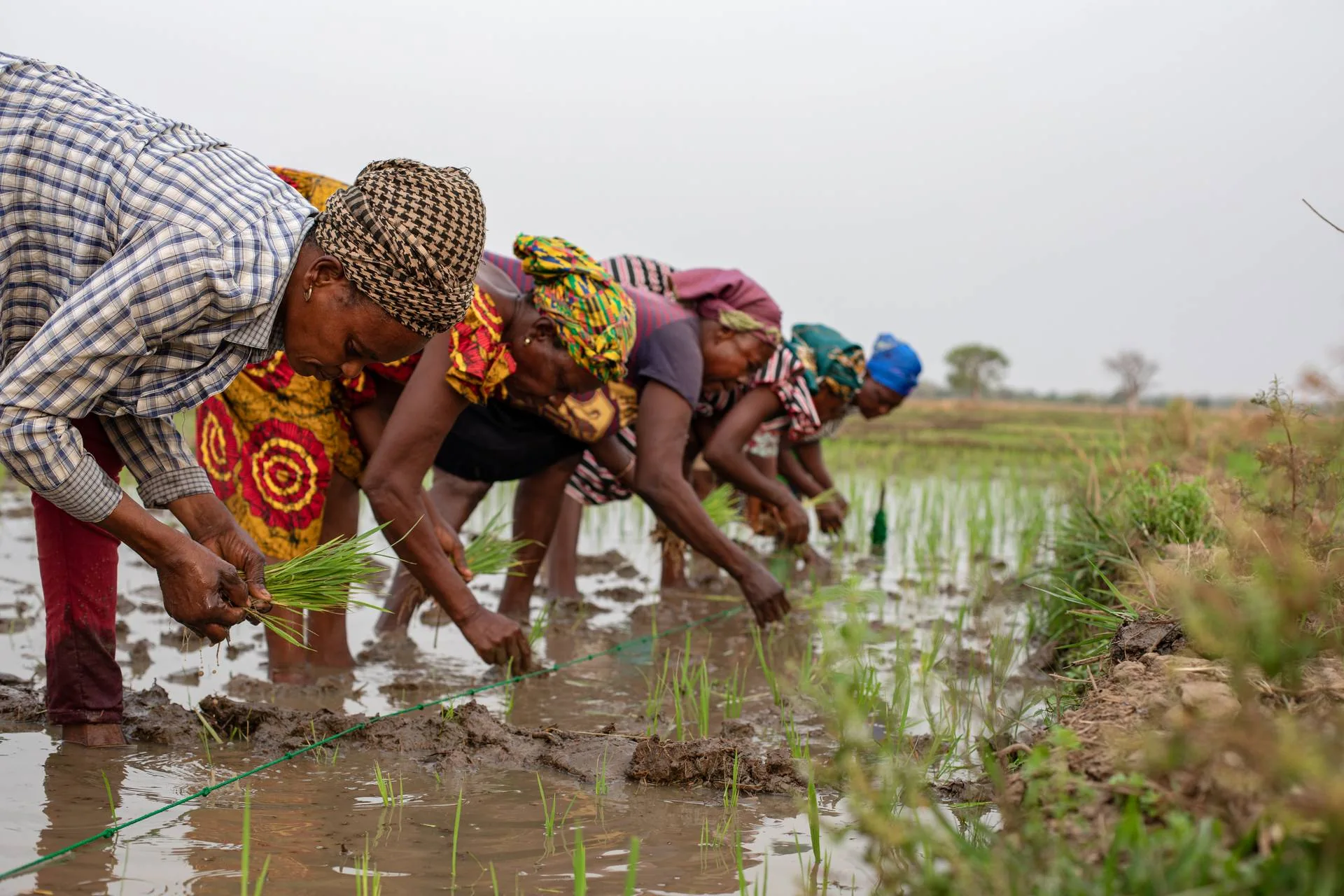The Chamber of Agribusiness Ghana has acknowledged the government’s recent initiative to provide food grants to over 800,000 farmers affected by the prolonged dry spell.
However, while the emergency relief, announced by Agriculture Minister Bryan Acheampong, addresses immediate concerns, the Chamber has called for a more sustainable, long-term strategy to tackle the underlying issues of food insecurity.
In a detailed response, the Chamber outlined key recommendations for the government. First, it advocates for the expansion of existing dams to support dry-season farming. By enhancing water infrastructure, the Chamber suggests farmers could reduce their reliance on seasonal rainfall and increase year-round agricultural output.
The proposal includes the procurement and distribution of irrigation systems—such as pumps, drip lines, and sprinklers—to improve productivity in drought-prone areas, thereby boosting food availability and stabilizing rural incomes.
Second, the Chamber is urging the government to engage financial institutions to alleviate the debt burden on affected farmers.
By negotiating reduced interest rates and adjusting repayment schedules, it argues that farmers would be better positioned to reinvest in their operations. This, in turn, could mitigate the financial fallout from the dry spell and drive a recovery in productivity.
Third, the Chamber is calling for the creation of a National Agricultural Social Protection Mechanism. It recommends a 10-year policy framework that would provide long-term support to farmers during periods of crisis, ensuring continued food production and economic stability.
These proposals, according to the Chamber, would help build resilience in the agricultural sector, reducing its vulnerability to climate risks and bolstering the country’s overall food security.
Disclaimer: Ahotoronline.com is not liable for any damages resulting from the use of this information
Citinews




